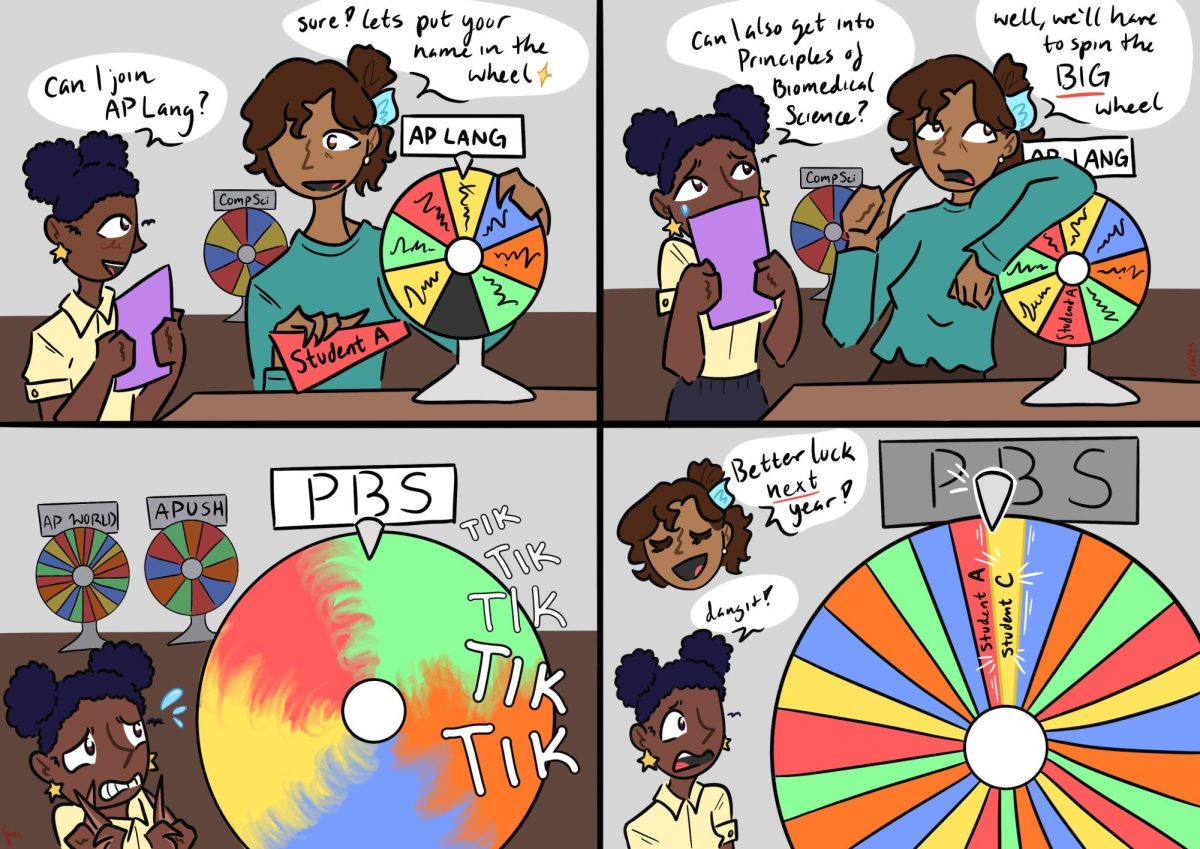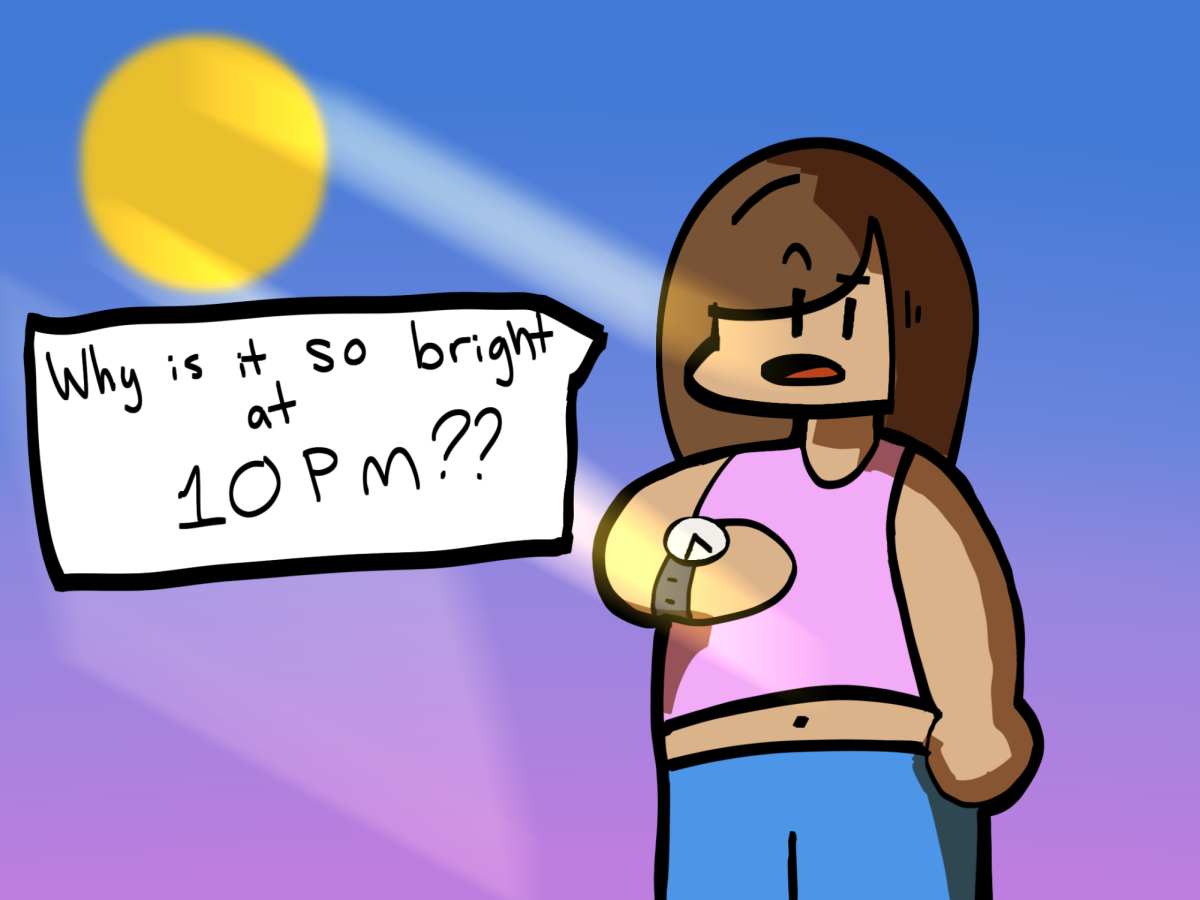Jake Hirsohn
Staff Writer
Just when we were all starting to forget the Pledge of Allegiance, it has become part of our lives once again.
Cal High students began reciting the pledge every Monday beginning on Sept. 11, despite the fact that we aren’t kids anymore. Students now say the pledge every Monday and Thursday morning.
The Pledge of Allegiance is something we all did on a regular basis in elementary and middle school. It’s important to give children an opportunity to love their country at that age.
But once we get into high school, we form our own opinions toward the country.
The main reason the pledge is inappropriate in public schools is because of the controversial two-word phrase “under god.”
It makes people of different religions or beliefs, such as myself, feel like they do not belong in this country, because it is predominantly Christian.
But as a relatively well known document states, every resident of this country has freedom of religion. If the Constitution holds true, then we cannot truly wield this freedom if our own pledge has “under God” in it.
Often the response to the “under God” issue is to remove it from the pledge. If that were to happen, it would be an acceptable solution to one of the pledge’s problems.
But with America being predominantly Christian, I would love to see someone try.
Principal Mark Corti said the phrase “under God” can now be interpreted not just as the Christian deity, but those of other religions as well. But what about the atheists and agnostics, who don’t believe in any God.
They have the right to pledge allegiance without their beliefs being challenged.
This controversy has spawned several lawsuits across the country. The most famous involved Michael Newdow, a parent who sued the Elk Grove Unified School District in 2004 to have the phrase removed on behalf of his daughter.
Newdow is an atheist who believed his daughter should not be subjected to biased religious speak in the classroom. The case reached the U.S. Supreme Court before being thrown out.
The reason we’re now saying the pledge is because it’s school district policy for students to observe a patriotic exercise. Corti said that we can do a range of things, including discussing historical events. This is a solid alternative to the pledge.
The Pledge of Allegiance has too many flaws and is too alienating to be a ritual in schools.


